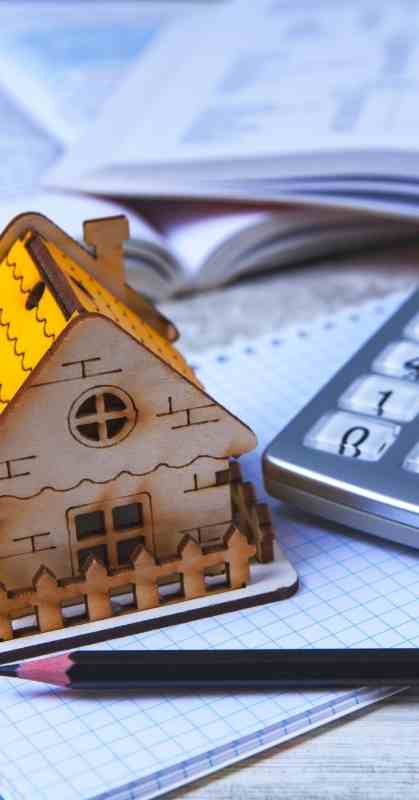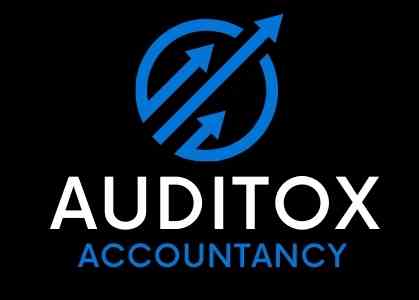- Home
- What are we
- Who we help
-
- How we help
-
-
-
- Accounting
-
- Advisory
-
- Business Support
-
-
- Resources
Auditox Accountancy understands that being a professional landlord isn't easy. It isn't just a case of buying a property and letting it, you need to deal with tenancy agreements, damage, repairs, refurbishment, and (possibly) eviction proceedings. And the more houses in your property portfolio, the more work you have to do. It's time-consuming but necessary for success.
On top of all this, landlords and property investors have been dealt several blows due to recent changes in legislation that have affected tax relief on mortgage payments, as well as stamp duty. The Covid-19 pandemic complicated things further, with a welcome stamp duty holiday, but new figures were introduced as of 21st October 2021 with buy-to-let landlords paying a higher rate.
Then there are all the other taxes, including VAT, Income Tax, Corporation Tax.
Earning a passive income from rental properties is possible but takes a lot of time and effort. For the average landlord, the old saying time is money couldn't be more appropriate.
That's where Auditox Accountancy can help you. Our dedicated landlord accountants are up to speed with all the latest issues and developments in the property rental business, as well as tax legislation and all the main aspects of accounting that you would expect.

While you are not required by law to use an accountant, it's still an excellent idea.
The financial landscape can be a potential minefield, especially when you have so many other responsibilities to focus on. Even the most experienced landlords have made costly errors, or have missed out on the chance of saving money because they rushed through the accounting procedure themselves.
Auditox Accountancy recognises that many landlords will be anxious to avoid spending more of their profits on an accountant. However, doing so could save you much more in the long term.
Besides this, at the very least, it frees up valuable time that would be better spent running your property business successfully.

Auditox Accountancy landlord accountants deal specifically with those who make an income via rental property.
We provide assistance with the following:
It's important to keep in mind that it is a legal requirement to submit a tax return if you receive rental income, even if you don't make a profit. You must also complete a tax return after selling any property if it is not your main home. For example, a second property, buy-to-let property, or business premises. This still applies even if it is given away or otherwise disposed of in any manner.
Auditox Accountancy landlord accountants are armed with a wealth of knowledge and expertise to guide you through the intricate details of property accounting and tax issues. They will offer bookkeeping tips to ensure that your income and expenses are accurate and up to date, as well as helping you to manage your tax efficiently.
Good bookkeeping is key to providing timely and accurate figures to HM Revenue and Customs, as the last thing you need is the inconvenience and distress of HMRC investigating your financial affairs due to a basic error.

All landlords are required to pay tax on their rental income. The good news is that the amount of tax you pay is offset by any allowable expenses during any particular tax year.
Currently, the threshold is £50,000, which is split into two parts: £12,500 is classed as personal allowance and therefore tax-free. The remaining £37,500 is the threshold for the lower tax rate, charged at 20%. Any property income above this is charged at 40%.
Auditox Accountancy will advise you on the best way to manage this situation and keep your tax bill as low as possible. We believe in helping you pay only what you owe, and no more.
For example, if your income from your rental property is £55,000, you have exceeded the threshold and will pay the higher rate of tax. Your dedicated accountant will help you to offset this figure through allowable expenses to bring that income figure down below the £50,000 threshold, meaning that you pay the lower tax rate.
Typical expenses include:
These are a few of the expense areas that apply, although there are others.
Some, such as capital allowances and rental losses, are grey areas that need careful consideration, which is why it is a good idea to discuss them with your accountant.
Auditox Accountancy advises landlords to have separate bank accounts for their business dealings. This helps with record-keeping as it saves you or your accountant from having to sort through bank statements and receipts to separate your personal expenses from anything relating to your property letting business. Always keep your rental income completely separate from your personal accounts. This is essential for tax purposes.

Many landlords ask the same question: can you avoid paying CGT on a buy-to-let property?
Although the answer is no, Auditox Accountancy can offer ways to maximise your capital gain. We do this by investigating which expenses can be used to reduce the amount you pay, such as estate agent fees, stamp duty, or capital expenses.
This tax applies to anyone selling property, and not just to landlords. Auditox Accountancy will guide you on this matter as well, should you choose to sell a specific property.
As an example, this tax is calculated by deducting the cost of the property from the net sale, which is the selling price minus any legal or agents' fees. You can also include Stamp Duty, the cost of improvements (extensions, refurbishment, etc.) during ownership, in the costs.
If you originally bought this property for £150,000, incurring Stamp Duty and legal fees of around £3,000 and refurbishment costs of £20,000, and then you sell it for £300,000, your capital gains will be around £123,000. On top of this, you get an annual exemption of £11,700, which brings the figure to £111,300.
This is only a simple example, and in most cases, the reality is more complex. Auditox Accountancy will be there with you every step of the way to ensure that you pay the correct amount.

Keeping on top of UK government legislation can be time-consuming and confusing.
For example, in 2021 alone, several new pieces of legislation were announced that directly affect most people who have invested in rental property:
This is just a handful, and there are always more on the horizon. Auditox Accountancy landlord services will steer you through these new laws and make the most of your investment in rental property.

Auditox Accountancy provides specialist services for landlords whatever the size of your investment portfolio, whether you own one property or one hundred. We tailor our service to your personal circumstances and will always be on hand to guide you.
Our dedicated accountants help you make the most of your rental property business by maximising your tax position, preparing your accounts, offering tax advice, and sorting out your bookkeeping.
This leaves you free to deal with all the other aspects of your business, safe in the knowledge that your financial affairs are in expert hands.
We have just posted a new article about Making Tax Digital For Landlords if you want to check that out.
